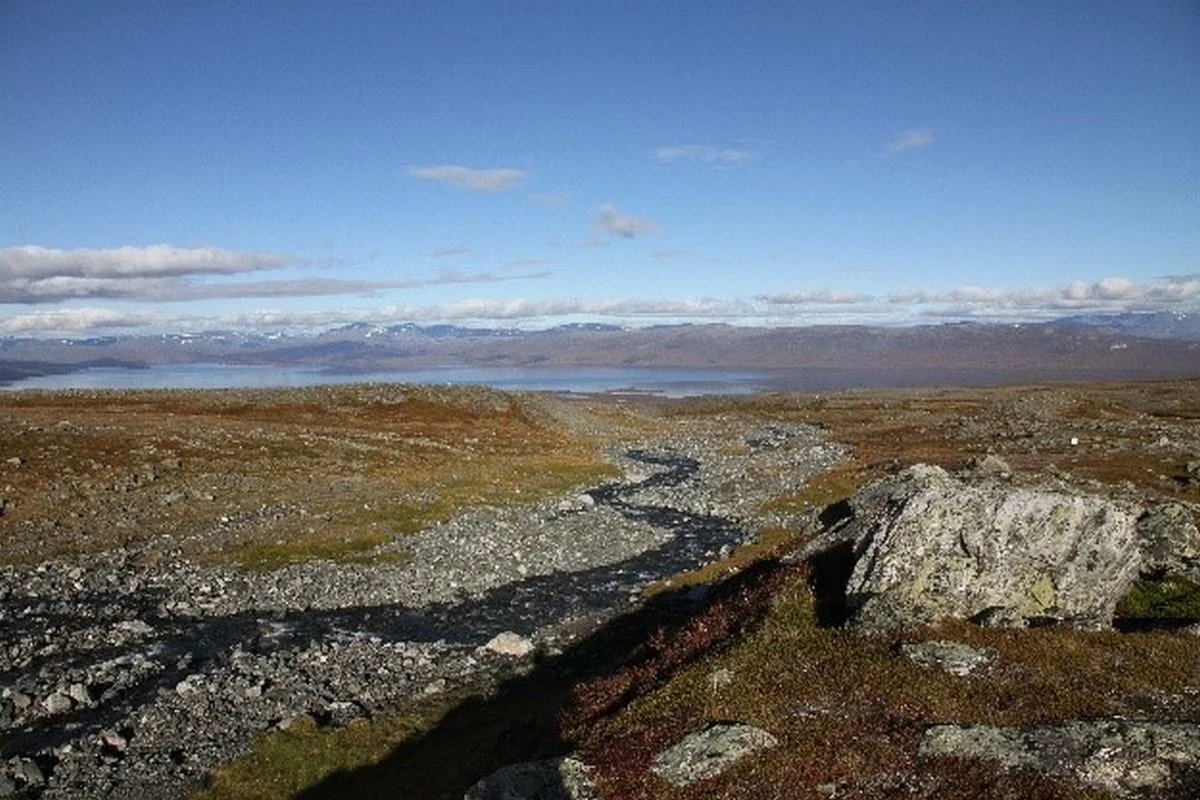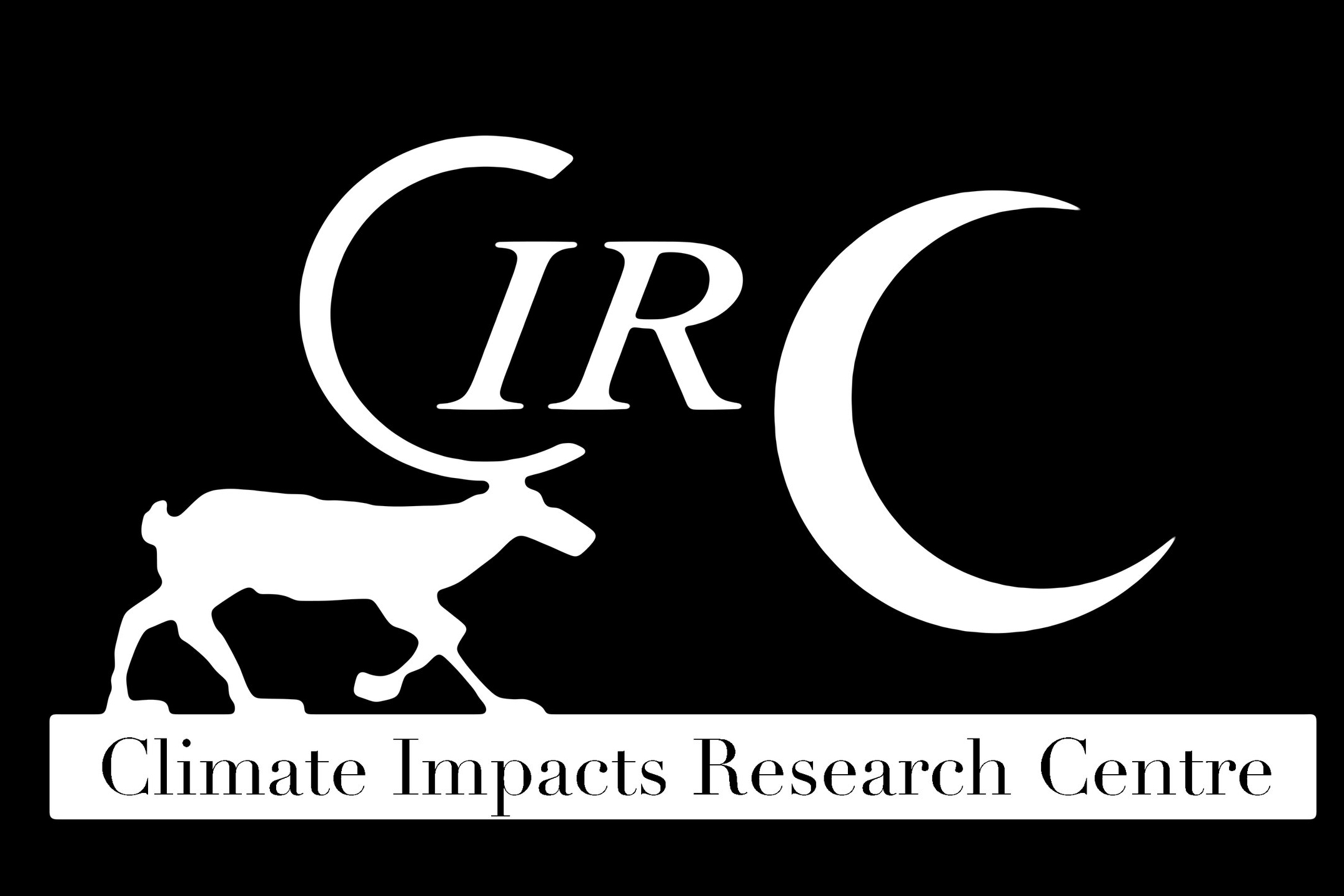Ryan Sponseller
(Associate Professor)
Climate Impacts Research Centre
Department of Ecology and Environmental Sciences
Email: ryan.sponseller@umu.se
Umeå University Webpage
ORCID ID: 0000-0002-5758-2705
Research Summary
My research focuses on the controls over ecosystem structure and functioning in streams, rivers, and watersheds. We study these systems to understand their condition as natural resources, but also as models to test general ecological and biogeochemical principles. This work employs a number of different tools and approaches, including long-term watershed monitoring, the use of isotopic tracers, and field studies of productivity and nutrient dynamics in different freshwater habitats.
One current set of projects in my lab evaluates how ecological changes in terrestrial environments shape the productivity of streams and rivers through controls over habitat conditions (e.g., light) and the availability of carbon (C), nitrogen (N) and phosphorus (P) to aquatic food webs. Applications of this work include understanding the impacts of land use (e.g., forestry) and climate change on freshwater habitats in boreal and arctic landscapes. At the same time, we also pursue basic questions about how light, organic energy, and resource limitation interact to govern biotic structure, productivity, and nutrient use in aquatic systems. ...
A second component of my research program asks how and why terrestrial ecosystems retain (or lose) important resources. We focus on hydrologic export of nutrients to streams and rivers, with particular attention to nitrogen (N), which limits the productivity of terrestrial and aquatic habitats in northern Sweden, and is one cause of eutrophication in the Baltic Sea. The drivers of material export from land vary with scale. At small scales, our research addresses basic questions about the role of landscape heterogeneity and hydrologic routing as factors that determine patterns of N export from headwater catchments. At broader and longer scales, current work explores how long-term (multi-decadal) changes in land management and climate are altering N storage and export across boreal and subarctic Sweden.
One current set of projects in my lab evaluates how ecological changes in terrestrial environments shape the productivity of streams and rivers through controls over habitat conditions (e.g., light) and the availability of carbon (C), nitrogen (N) and phosphorus (P) to aquatic food webs. Applications of this work include understanding the impacts of land use (e.g., forestry) and climate change on freshwater habitats in boreal and arctic landscapes. At the same time, we also pursue basic questions about how light, organic energy, and resource limitation interact to govern biotic structure, productivity, and nutrient use in aquatic systems. ...
A second component of my research program asks how and why terrestrial ecosystems retain (or lose) important resources. We focus on hydrologic export of nutrients to streams and rivers, with particular attention to nitrogen (N), which limits the productivity of terrestrial and aquatic habitats in northern Sweden, and is one cause of eutrophication in the Baltic Sea. The drivers of material export from land vary with scale. At small scales, our research addresses basic questions about the role of landscape heterogeneity and hydrologic routing as factors that determine patterns of N export from headwater catchments. At broader and longer scales, current work explores how long-term (multi-decadal) changes in land management and climate are altering N storage and export across boreal and subarctic Sweden.
Current Projects
PhD Students and Post-doctoral Researchers
Photos From the Field
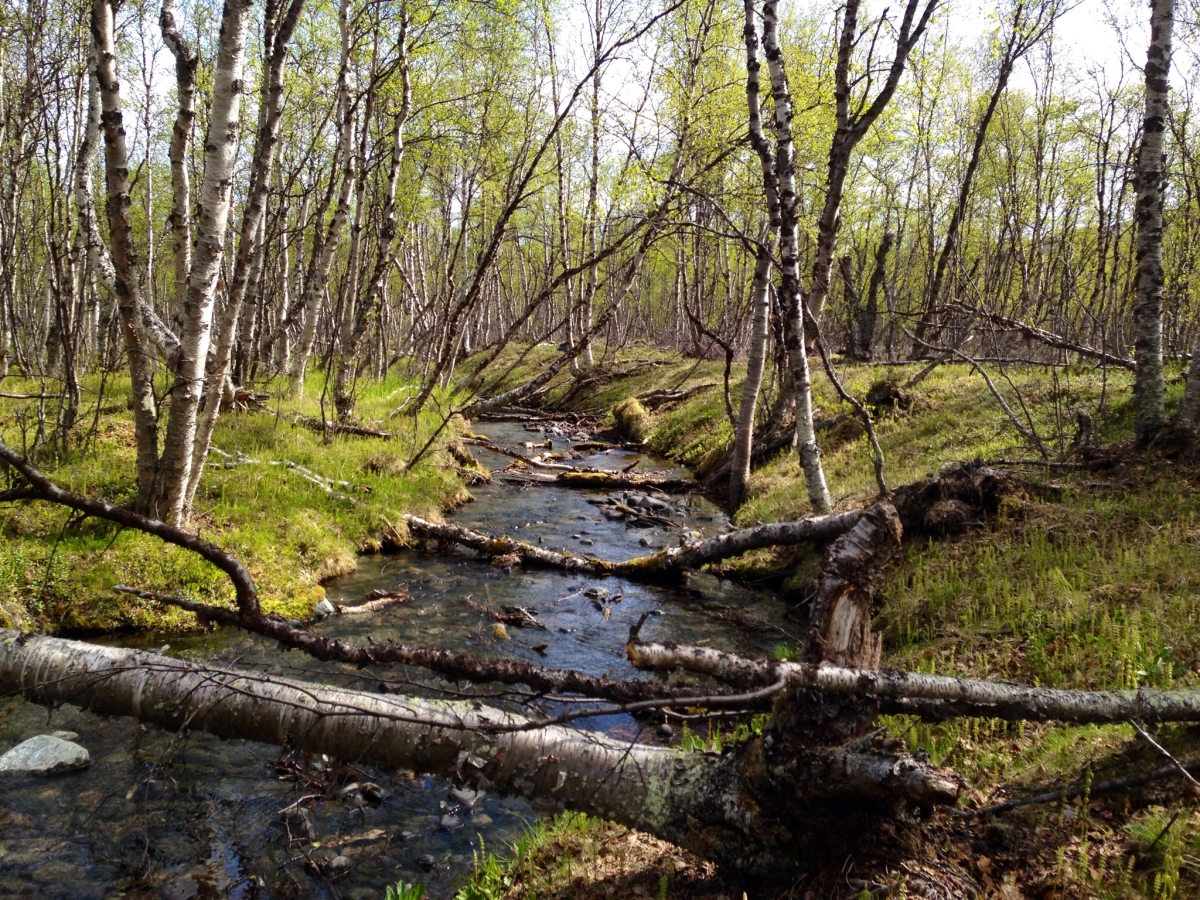
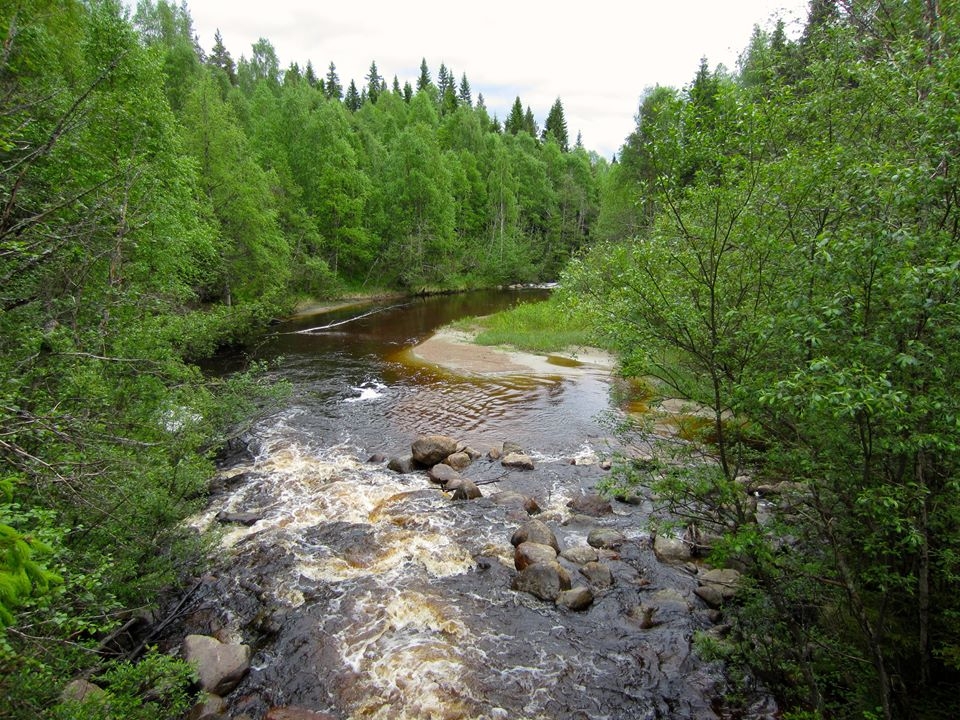
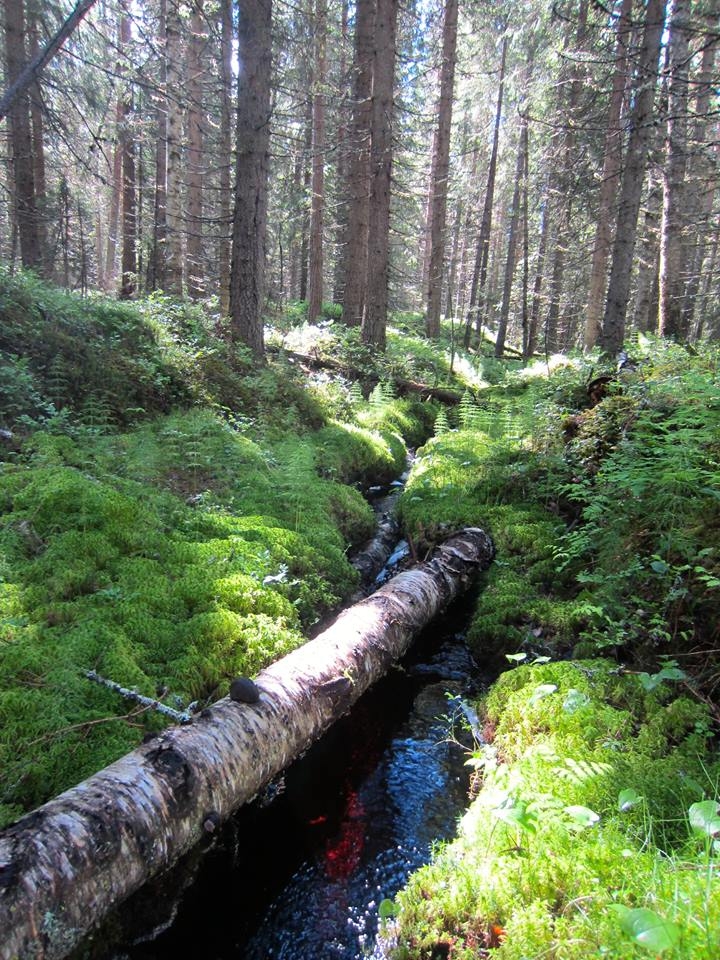
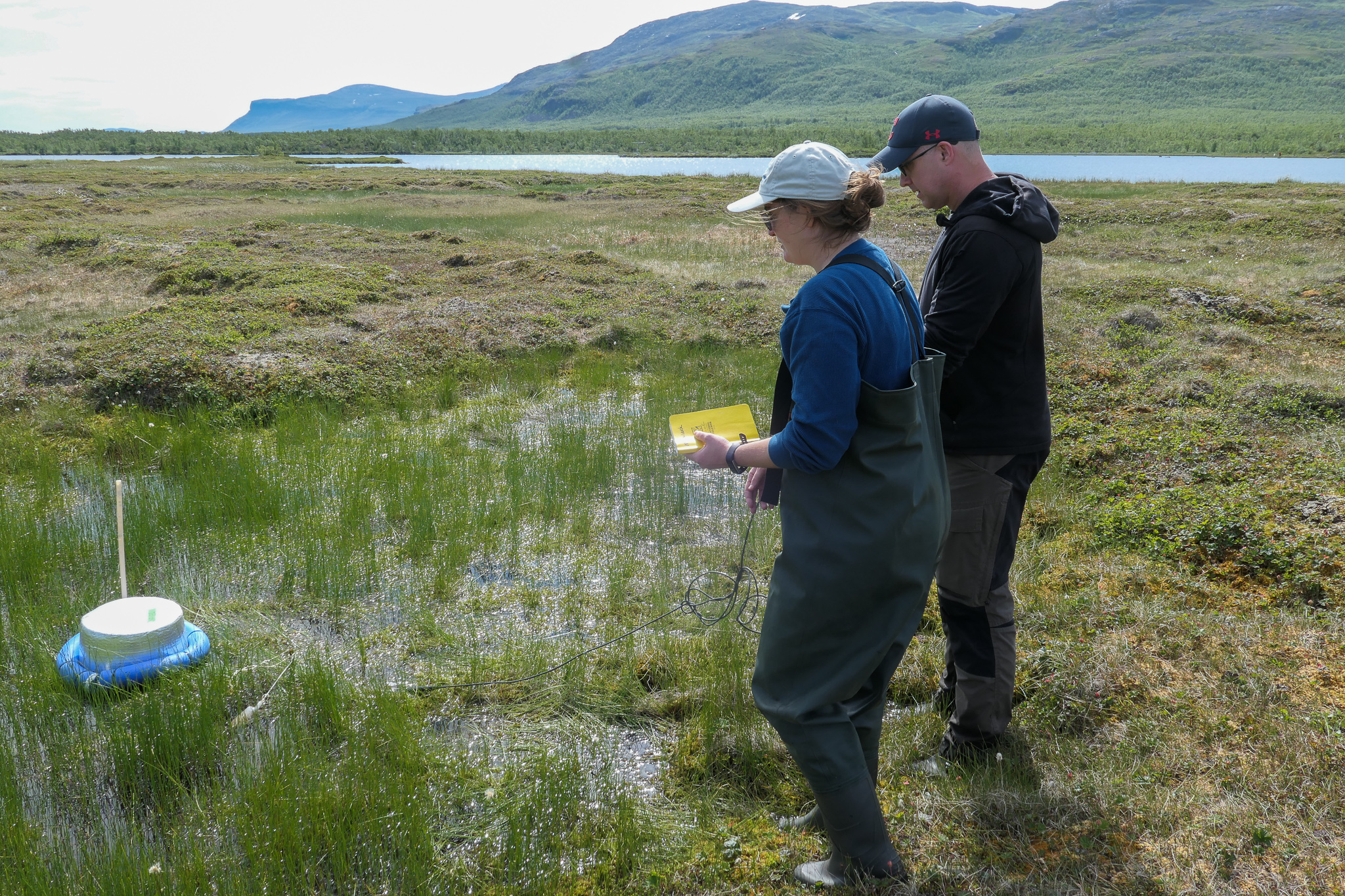
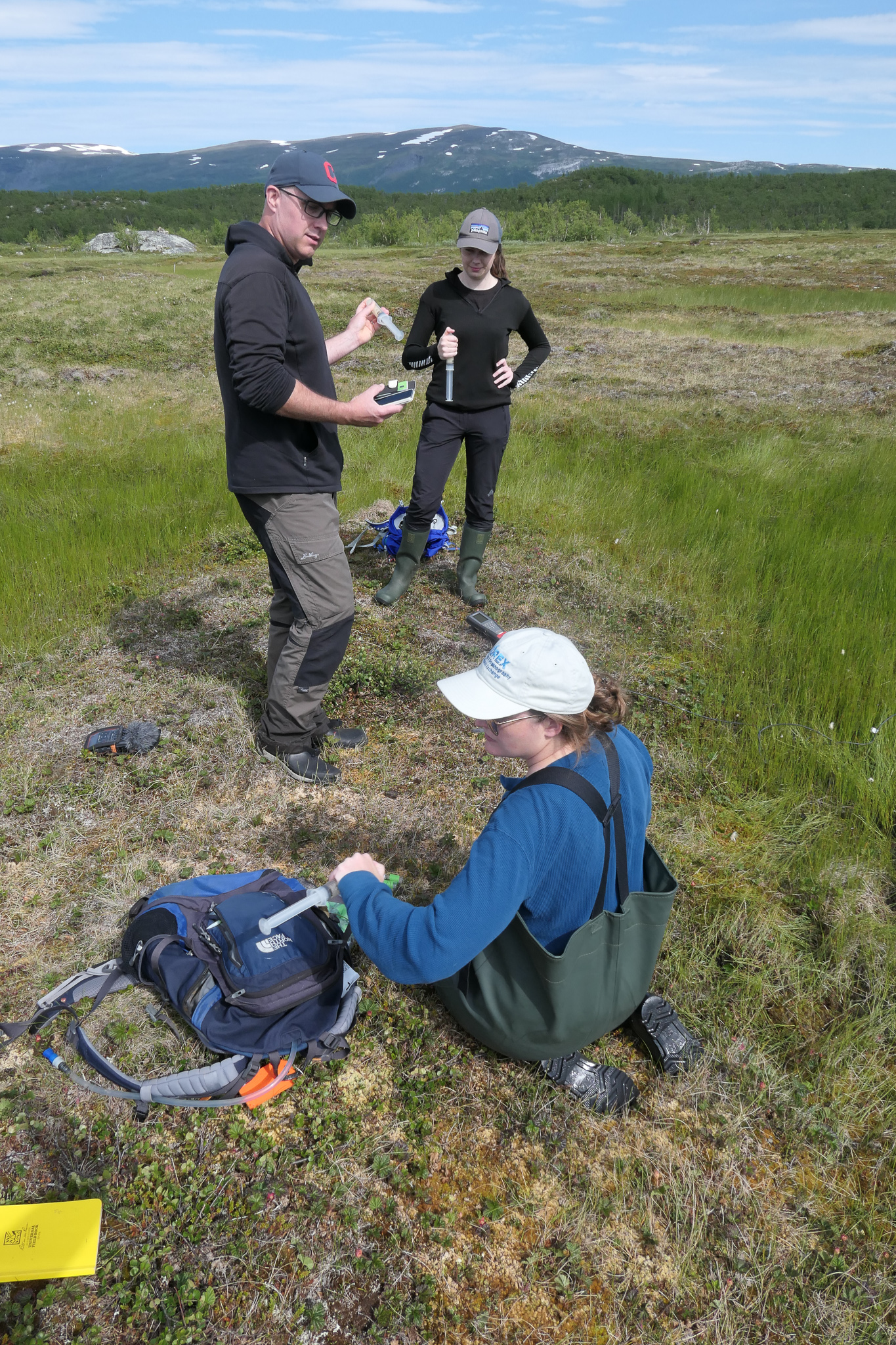
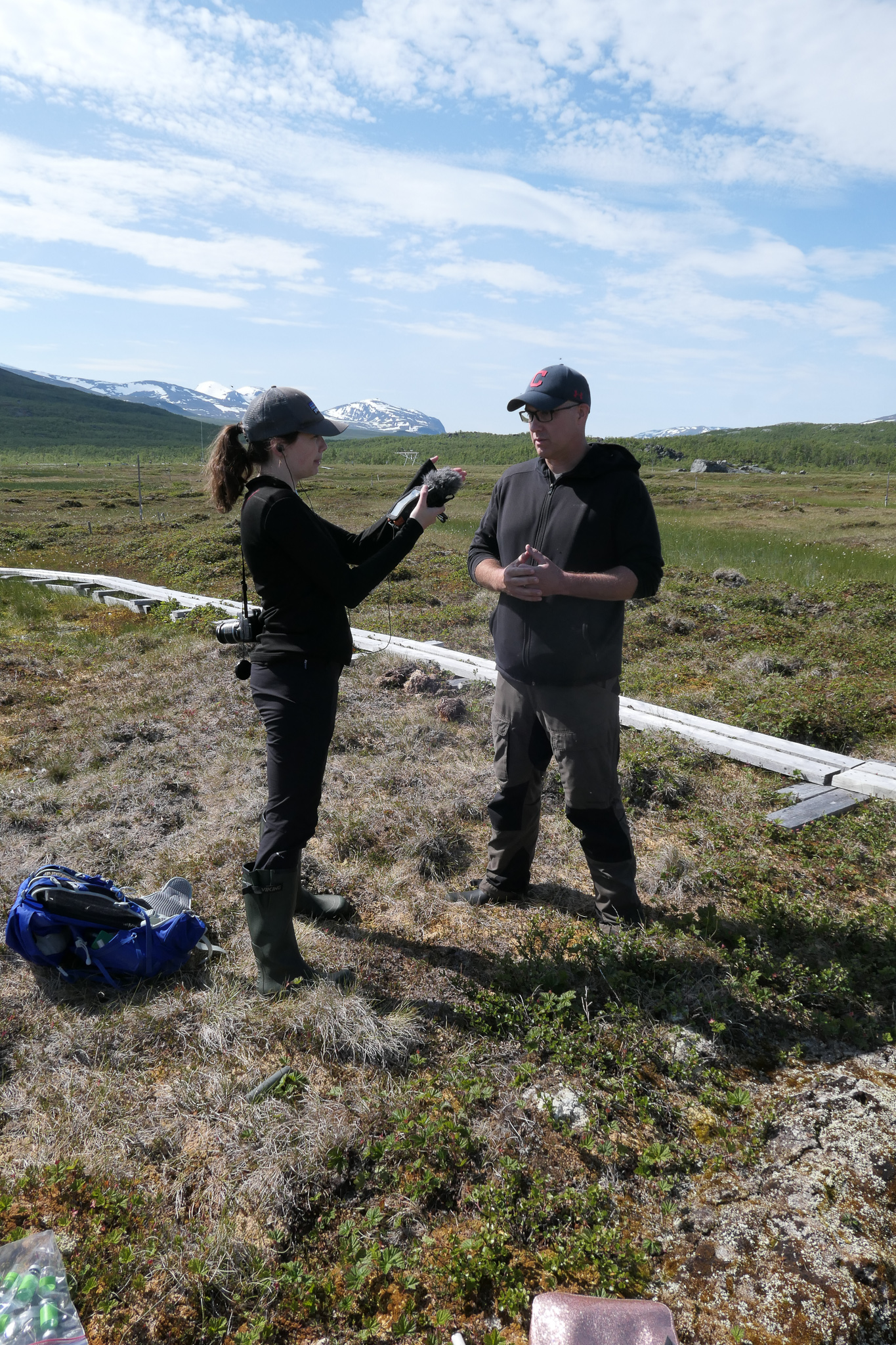
Ryan Sponseller’s Publications
View publications on DiVA or Google Scholar




